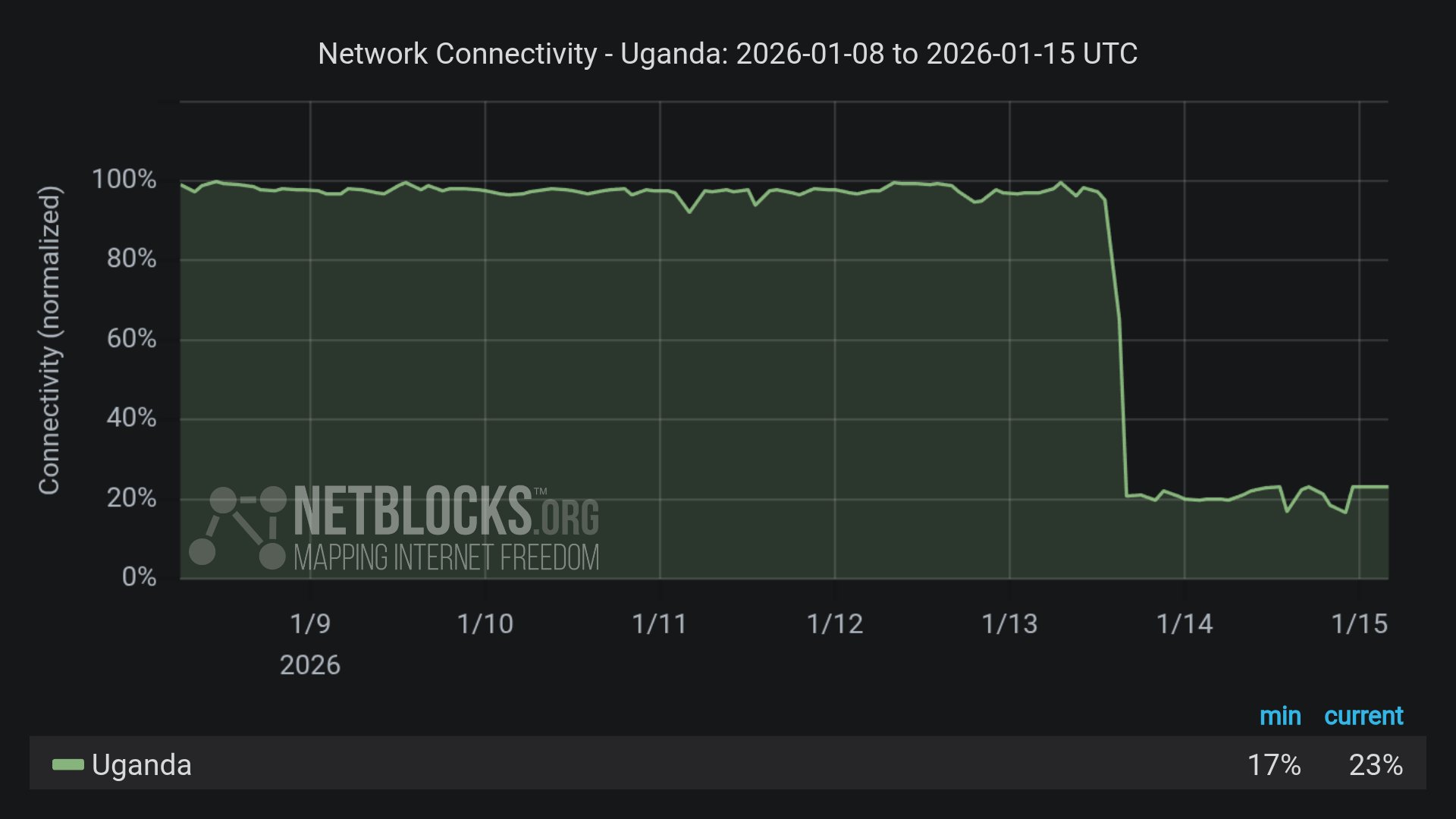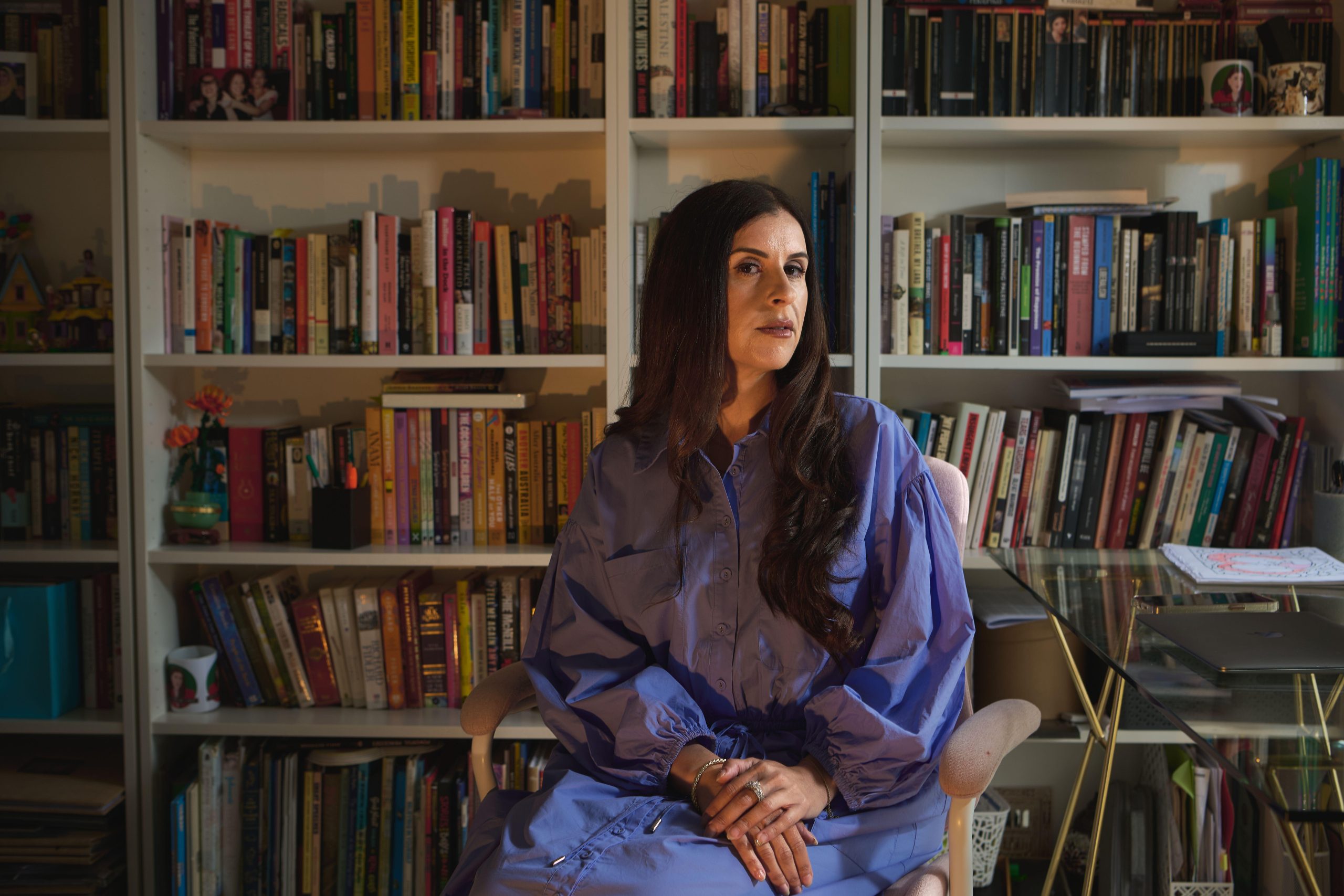[vc_row][vc_column][vc_column_text]
When feminist punk group Pussy Riot staged a protest performance on the altar of the Moscow’s Cathedral of Christ the Saviour on 21 February 2012, Russia’s government set in motion legislation that would severely punish blasphemy and drastically change relations between the country’s believers and non-believers.
Pussy Riot launched the performance to highlight the Russian Orthodox Church’s support for Vladimir Putin’s 2012 election and the ongoing collaboration between church and state. But Russia’s religious community took offence, calling the protest blasphemous and demanding action from prosecutors.
Within days, police arrested three of the group’s members. Later that year they were found guilty of “hooliganism motivated by religious hatred” and sentenced to two years in prison.
In June 2013, following the Pussy Riot case, new legal amendments to toughen punishment for blasphemy were enacted. The new Federal Law on Countering Insulting Religious Beliefs and Feelings of Citizens introduced changes into Article 148, “Obstructing the exercise of the right to freedom of conscience and religious belief,” of the Criminal Code. The new edition of the article included criminal liability for “public actions expressing obvious disrespect to society and committed with a view to insulting religious feelings of believers”, and for actions committed “in places specially designed for worship, other religious rites and ceremonies”.
The punishments vary from fines of up to 500,000 rubles (€8,000), compulsory labour and imprisonment for up to three years.
However, despite demands by a large part of society to toughen punishments for blasphemy, monitoring of trials involving Article 148 for the last three-and-a-half years has demonstrated its uselessness.
According to the report “Unlawful Implementation of the Anti-Extremist Legislation” by SOVA, a Moscow-based analytical centre studying relations between churches and secular society, only six sentences under the revised Article 148 were registered since 2013.
Aleksandr Verkhovski of SOVA told Index on Censorship that there will be no more in the future: “There’s no reason to use this article unless there is a new ideological mobilisation like in 2012 [with Pussy Riot].” Verkhovski said the blasphemy article does not work because the judiciary has been for years using Article 282 (incitement to racial, national or religious hatred and hostility) of the Criminal Code to prosecute offences of this nature.
According to SOVA, since 2007, Article 282 has been used in 1,477 cases. Not all of the cases are based on religious hatred, Article 282 has long been used to harassing opposition leaders, journalists and bloggers when they cover abuse of power by the state officials.
Articles 282 and 148, in addition to the Law on Countering Extremism, have been used to target a popular Moscow-based vlogger and comedian Ilia Davydov, known under the pseudonym Maddison. Davydov, who was named a hero of the Russian internet in 2009, became popular for his internet reviews and standup performances.
In January 2017, despite wide popularity, he suddenly deleted all his social media accounts and went into hiding. His disappearance from the internet was driven by accusations that he had insulted the “religious feelings of believers”. The uproar stemmed from a 2012 video in which he reportedly mocked both the Koran and the Bible. In the video, posted to YouTube, Maddison appeared with a book which he called “the Koran” and told a story about wanting to use it as toilet paper but opted for a sock instead. He then told his viewers it was actually the Bible, not the Koran. But then he opened the book to reveal that it was neither holy text.
The video on YouTube did not arouse much interest for three years. But in November 2016, Demand Knowledge, an Islamic Telegram channel geotagged in Chechnya, re-posted the video with a comment (in Russian): “An infidel is insulting Islam and Koran. If you find him, you know what to do.”
The video went viral and Maddison was inundated with abuses and death threats. In late January 2017 some Russian media outlets reported that a financial reward had been offered for reprisals against the comedian. Following the threats, Davydov left Russia.
The threats on his life were only part of the story. On 3 February 2017, the Prosecutor of the Republic of Chechnya appealed to a local court to prosecute Davydov. According to the Chechen Prosecutor’s Office, a review of the video and eight others on Davydov’s channel contain speech and actions that are humiliating to human dignity of Muslim and Christian believers. Prosecutors demanded the court file a criminal case under the Article 282 of the Russian Criminal Code. The court is currently considering the request.
Davydov declined to speak to Index on Censorship stressing he does not give interviews to any media.
Maddison’s case is not isolated. Chechnya counts as one of the most closed and media-intolerant regions of Russia. Independent media and bloggers have been pushed out of the area in during the rise to power of the Chechen autocratic leader Ramzan Kadyrov. [/vc_column_text][vc_row_inner][vc_column_inner][vc_basic_grid post_type=”post” max_items=”10″ style=”load-more” items_per_page=”4″ element_width=”6″ grid_id=”vc_gid:1491398230204-8311d8c4-ec30-9″ taxonomies=”15″][/vc_column_inner][/vc_row_inner][/vc_column][/vc_row]





